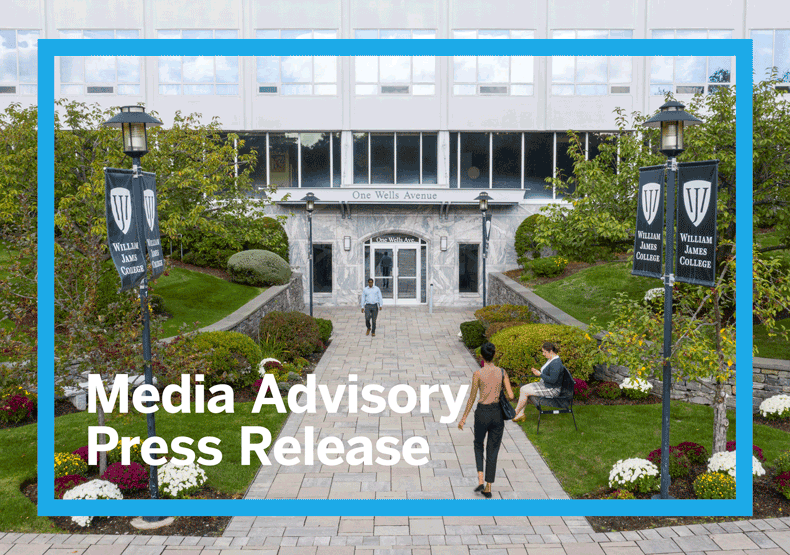New Parent Guide Helps Asian Families Address Xenophobia, Racism Fueled by COVID-19

New parent guide helps Asian families address xenophobia, racism fueled by COVID-19
Guide, which is available in several languages, offers Asian parents tips on engaging in important conversations with their children about racism; aims to lessen negative psychological impacts
William James College, in collaboration with the Massachusetts General Hospital (MGH), has created a guide for parents of adolescents of Asian descent to support the mental health of their children at a time when the outbreak of a coronavirus pandemic has fueled a rise in discrimination, xenophobia, and bullying against Asians.
Over 2,500 hate incidents against Asian Americans and Pacific Islanders were recorded between mid-March and early August 2020, according to Stop AAPI Hate, a national coalition aimed at addressing anti-Asian American discrimination amid the COVID-19 pandemic.
“Immigrant parents are often not aware of the history of racism and discrimination in this country. Or they worry that bringing up difficult topics may cause additional emotional harm to their child,” said Dr. Catherine Vuky, assistant professor of clinical psychology at William James College and director of the College’s Asian Mental Health Program. Dr. Vuky oversaw the creation of the guide.
The guide explains why parents need to have conversations about racism with their Asian adolescent children and offers tips on how to engage in these sensitive talks in order to reduce any psychological wounding.
“Research has robustly demonstrated that children's exposure to racial microaggressions and discriminatory practices have long-lived, deeply painful psychological consequences,” said Dr. Natalie Cort, co-director of the Center for Multicultural & Global Mental Health at William James College. “The recommendations in this guide are known to be effective in combating the internalization of toxic racial hatred and bolstering cultural pride.”
“I think children feel better, safer and more connected to their parents when parents share their own fears, confusion and uncertainty,” said Dr. Vuky. “That helps connect the family and establishes a strong support system, which can lead to nurturing resilience and better mental health.”
A list of resources for families seeking additional information and support has been included in the guide. There is also a pair of timelines highlighting key moments of discrimination and activism in Asian American history.
Available in English, Korean, Chinese, and Vietnamese, with a Japanese version forthcoming, the guide is a joint effort between the Massachusetts General Hospital (MGH) Center for Cross-Cultural Student Emotional Wellness and the Asian Mental Health Program at William James College.
As our society becomes increasingly diverse, there is a growing need to recruit and train mental health professionals who possess the knowledge and required skills to meet the mental health needs of culturally diverse individuals, families and communities. Asians are the fastest growing racial minority group in the United States but, as with other minority groups, the number of behavioral health providers with culturally responsive training hasn’t kept pace. This creates significant barriers in access to and utilization of mental health services.
The Asian Mental Health program at William James is the nation’s first training program in clinical graduate psychology focused exclusively on Asian mental health. Asian Mental Health is offered as a concentration in the College’s following academic programs:
- PsyD in Clinical Psychology
- PsyD in Leadership Psychology
- MA in Clinical Mental Health Counseling
- MA/CAGS in School Psychology
The parent guide was made possible in part by a grant from the Community Health Network Area (CHNA-17), whose mission is to foster community engagement, best practices, racial equity, and learning opportunities to address the needs of marginalized communities. The coalition is funded by Mount Auburn Hospital, McLean Hospital, and the Cambridge Public Health Department/Cambridge Health Alliance.
View the Guide for Parents of Asian/Asian American Adolescents
About William James College
Founded in 1974, William James College is an independent, non-profit institution and
a leader in educating the next generation of mental health professionals to support
the growing and diverse needs of the mental health workforce. Integrating field work
with academics, the College prepares students for careers as organizational leaders
and behavioral health professionals who are committed to helping the underserved,
multicultural populations, children and families, and veterans. William James College
alumni can be found making an impact in a variety of settings, including schools,
the courts, clinical care facilities, hospitals, the community and the workplace.
Topics/Tags
Follow William James College
Media Contact
- Katie O'Hare
- Senior Director of Marketing
- katie_ohare@williamjames.edu
- 617-564-9389
